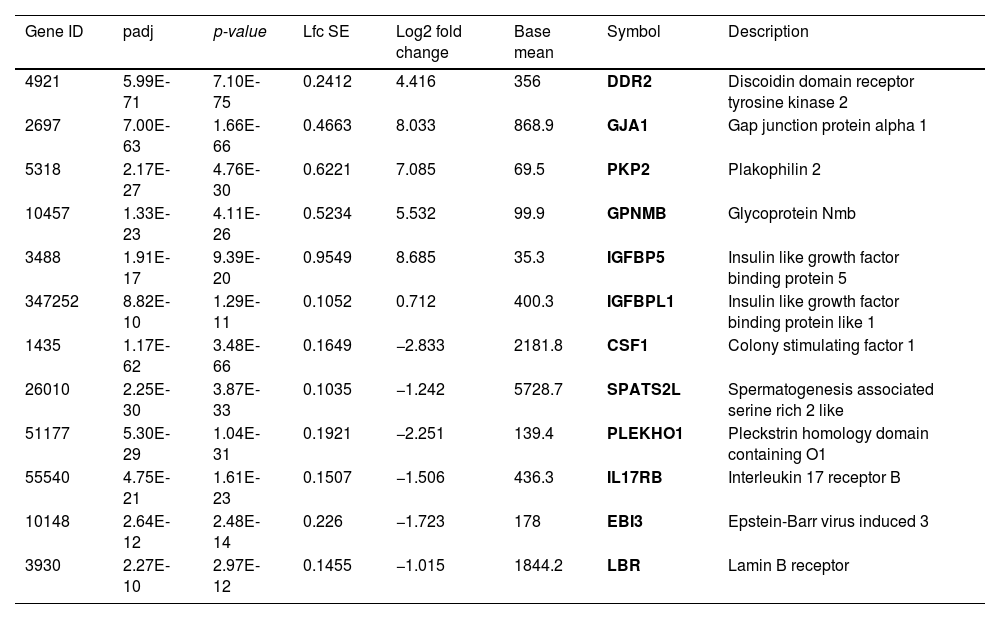Type 1 diabetes is classified as an autoimmune disorder. Researchers observed the presence of viral Coxsackie virus B proteins within the β-cells in islets shortly after inoculating mice. This observation led them to establish a link between children who have T1D and an infection with the CVB. The objective of this research was to measure the degree of gene expression of highly expressed genes in individuals who were both infected with Coxsackie viruses B and previously had T1D. Additionally, levels of CVB IgG and HbA1c were assessed in the blood serum of patients with T1D.This correlation was assessed by analyzing the expression of genes with significantly extreme expression levels using logarithmic analysis with specialized mathematical software. This study revealed that there is an association between CVB IgG and HbA1c levels in T1D patients. Additionally, T1D patients with a family history of diabetes showed associations with genetic factors and gene expression. Interestingly, no significant differences in HbA1c levels were observed between patients based on their gender. Furthermore, the genes IGFBP5, GPNMB, and GJA1 exhibited a strong association with CVB. We propose a new strategy that may open up new therapy options for T1D caused by CVB through monitoring the physiological pathways of these genes.
La diabetes tipo 1 se clasifica como un trastorno autoinmune. Los investigadores observaron la presencia de proteínas virales del virus Coxsackie B dentro de las células β en los islotes poco después de inocular a los ratones. Esta observación los llevó a establecer un vínculo entre los niños con diabetes tipo 1 y una infección por CVB. El objetivo de esta investigación fue medir el grado de expresión genética de genes altamente expresados en personas que estaban infectadas con el virus Coxsackie B y que previamente tenían diabetes Tipo 1. Además, se evaluaron los niveles de CVB IgG y HbA1c en el suero sanguíneo de pacientes con diabetes tipo 1. Esta correlación se evaluó analizando la expresión de genes con niveles de expresión significativamente extremos mediante análisis logarítmico con software matemático especializado. Este estudio reveló que existe una asociación entre los niveles de CVB IgG y HbA1c en pacientes con diabetes tipo 1. Además, los pacientes con diabetes tipo 1 y antecedentes familiares de diabetes mostraron asociaciones con factores genéticos y expresión genética. Curiosamente, no se observaron diferencias significativas en los niveles de HbA1c entre los pacientes según su sexo. Además, los genes IGFBP5, GPNMB y GJA1 mostraron una fuerte asociación con CVB. Proponemos una nueva estrategia que puede abrir nuevas opciones de terapia para la diabetes tipo 1 causada por CVB mediante el seguimiento de las vías fisiológicas de estos genes.















